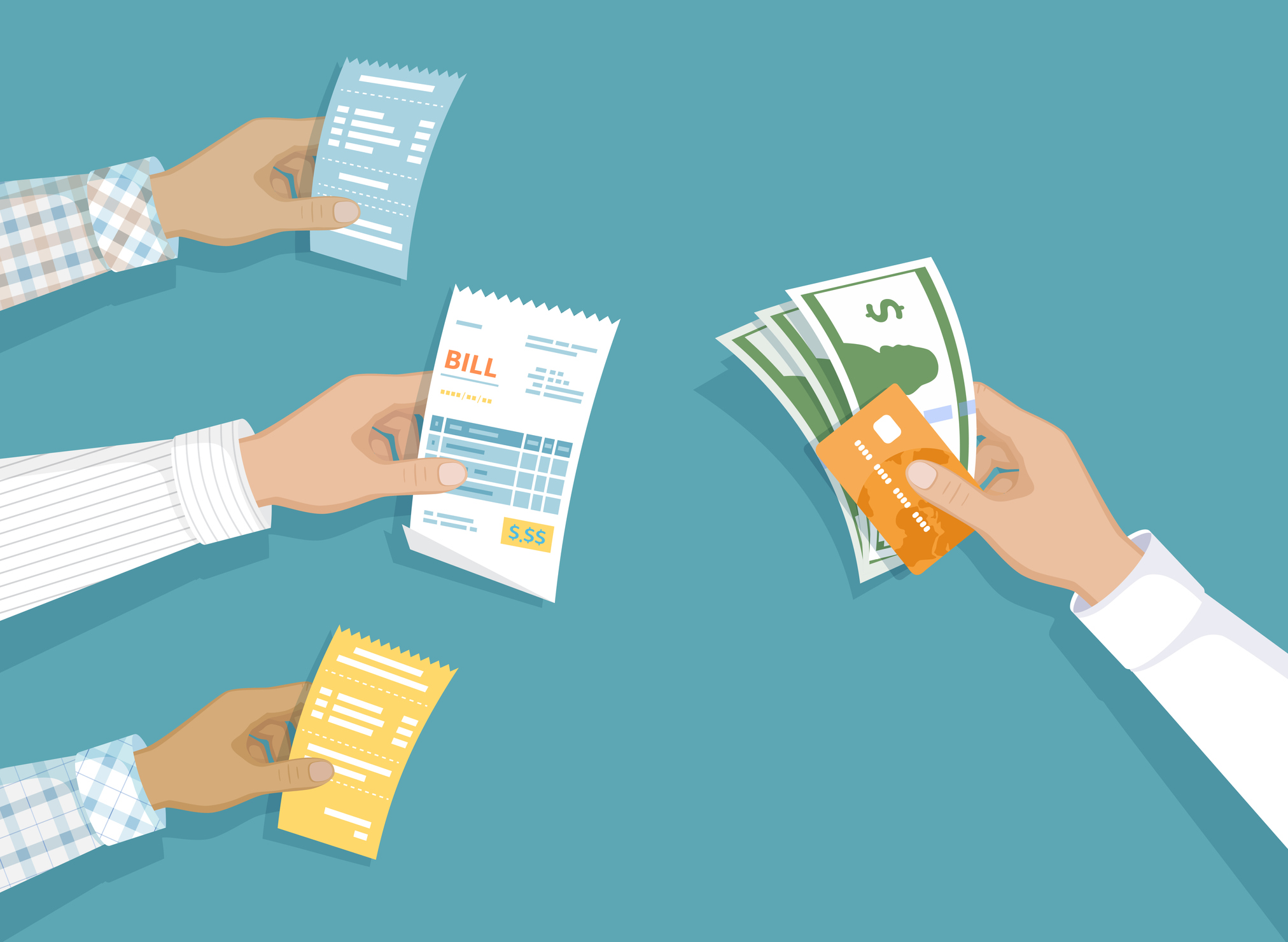
Specialist medical credit cards add to the financial stress facing hospital patients with medical debt, according to a newly published Consumer Financial Protection Bureau (CFPB) report.
It found that financial products sold to patients are typically more expensive than other forms of payment, including conventional credit cards, with card APR rates often reaching above 25%. The combined deferred interest bill on medical credit cards totals $1 billion, the CFPB noted.
These sorts of products are sold to patients as a way to reduce the growing costs of medical care, but the CFPB said they can actually result in decreased access to credit, costly and lengthy collection litigation, and an increased likelihood of bankruptcy.
CFPB Director Rohit Chopra pointed to “fintechs and other lending outfits” designing “costly loan products” marketed specifically to hospitals and their patients.
From 2018 to 2020, patients used specialty medical credit cards or loans with deferred interest periods to pay for almost $23 billion in healthcare expenses - accrued over more than 17 million transactions.
The report comes as financial institutions and technology companies launch more products for medical patients and their families.
“These new forms of medical debt can create financial ruin for individuals who get sick,” Chopra said.
Why Are Medical Credit Cards a Problem for Patients?
According to available public information gathered by the CFPB, the financing terms for medical credit cards and medical installment loans include interest rates of around 26.99%, while standard consumer products charge a much lower average rate of 16%.
These products often have deferred interest plans, with all accrued interest potentially becoming due at the end of a defined period — a factor the CFPB said can prove especially expensive and unaffordable for patients.
The CFPB warned that companies are marketing their products directly to healthcare providers, potentially disincentivizing them to explain legally mandated financial assistance programs or zero-interest repayment options.
It added healthcare providers may be unable to adequately explain complex terms, such as deferred interest plans, to patients.
A 2022 poll by NPR and health policy research company KFF, found 41% of Americans have some form of healthcare debt. And in 2013, the CFPB ordered healthcare financing firm CareCredit to make a $34 million reimbursement fund after the agency found patients had been victims of "deceptive credit card enrollment tactics."







